Nineteenth Century
Josiah Oldfield, the Fruitarian Hospital and Kissing
Fruitarianism is a kind of vegetarian practice which today seems very strict. But 100 years ago, when Josiah Oldfield practiced it, there was more variety allowed in the diet.Oldfield advocated for fruitarianism, putting him at odds with the Vegetarian Society.[16] He was a member of the Fruitarian Society, whose members lived on "the produce of harvest field, garden, forest and orchard, with milk, butter, cheese, eggs and honey".[6] His own "fruitarianism" was close to ovo-lacto vegetarianism. He was not a vegan: he recommended a daily diet of dandelion leaves, eggs, grapes, honey, lettuce, milk, salad, and watercress.
In any case, Oldfield founded several hospitals whose healing methods involved this diet. See the video below for more details. I have no idea of their success rate.
However, he found time to theorize about other things besides diet, such as the art of kissing. I apologize for the illegibility of the snapshot. Here's a sample or two of the text.
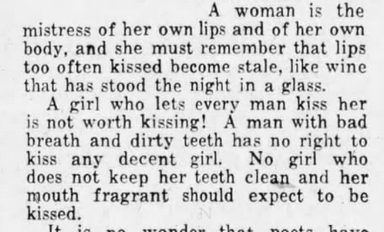
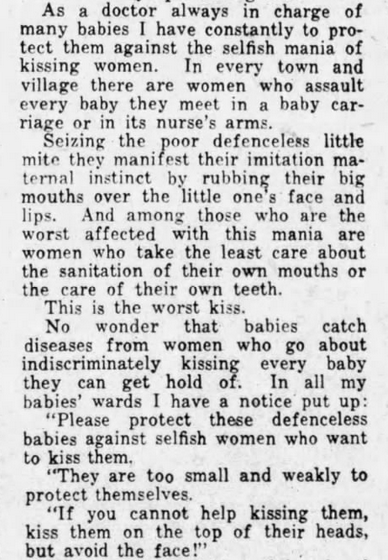
Newpaper source: Omaha Sunday Bee-News (Omaha, Nebraska) 30 Aug 1931, Sun Page 41
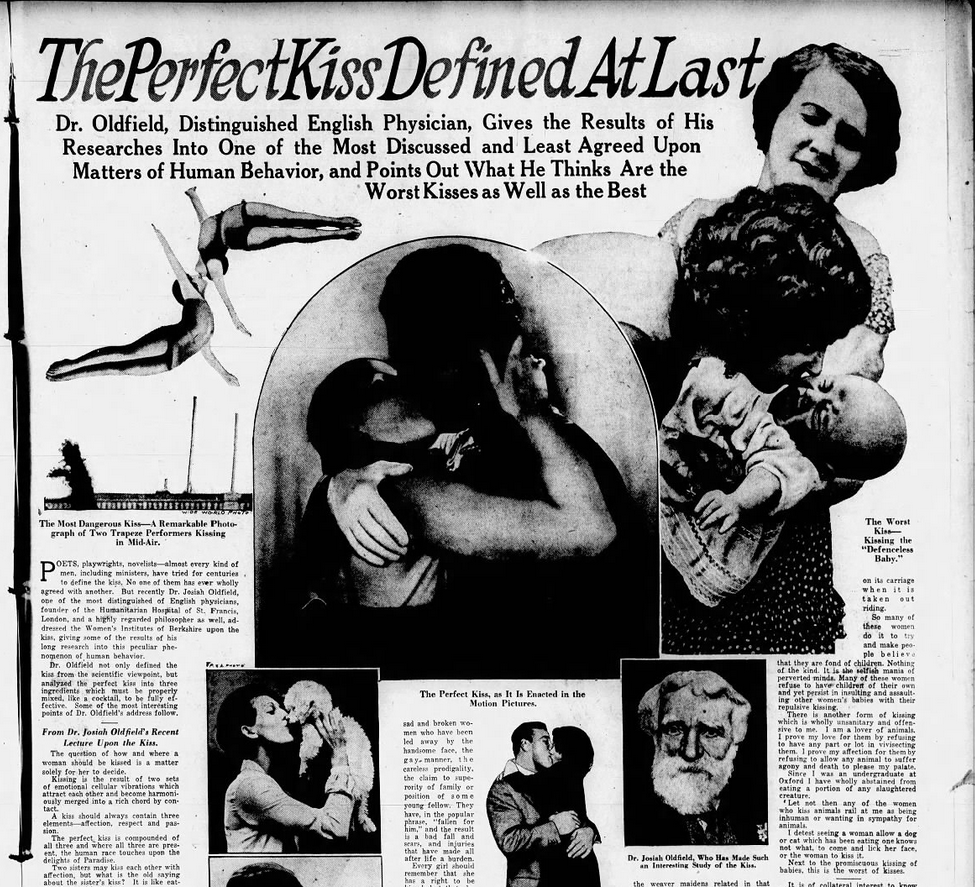
Posted By: Paul - Mon Aug 01, 2022 -
Comments (0)
Category: Hospitals, Hygiene, Nineteenth Century, Twentieth Century, Love & Romance
Naeviology
Naeviology is divination by bodily moles.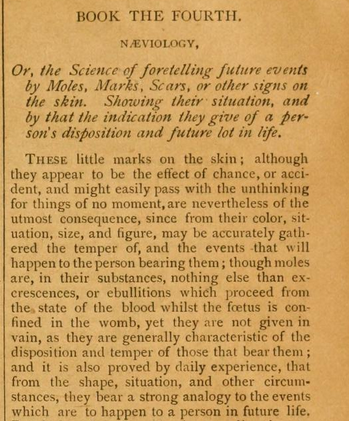
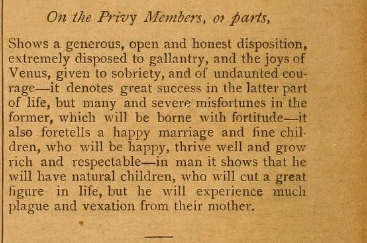
Learn about this science at this book link, along with many other occult practices.
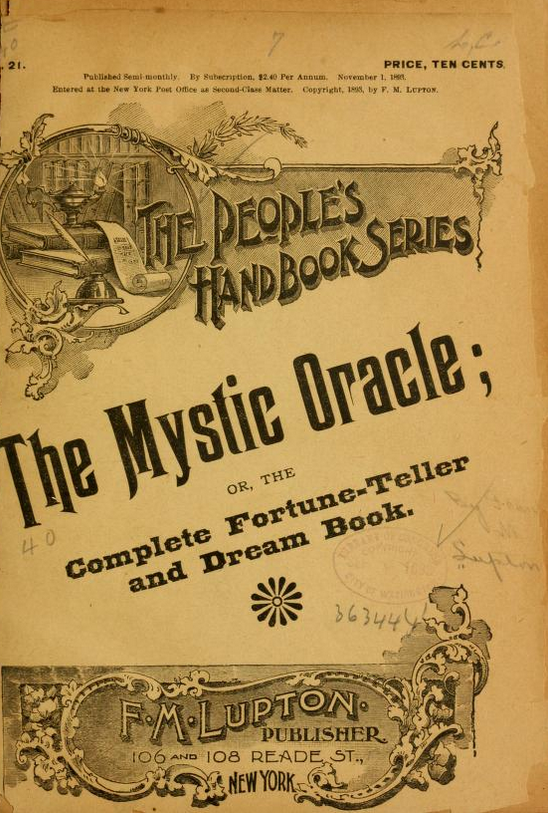
Posted By: Paul - Sun Jul 31, 2022 -
Comments (0)
Category: Body, Fate, Predetermination and Inevitability, Predictions, Supernatural, Occult, Paranormal, Nineteenth Century
The Umbrella Man of Seattle
A great eccentric figure from the past.Good long article here with many illos.
The shorter Wikipedia page.
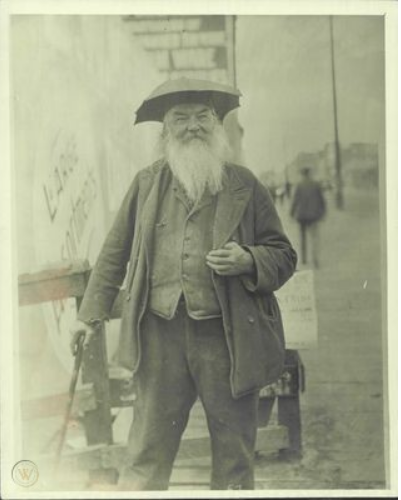
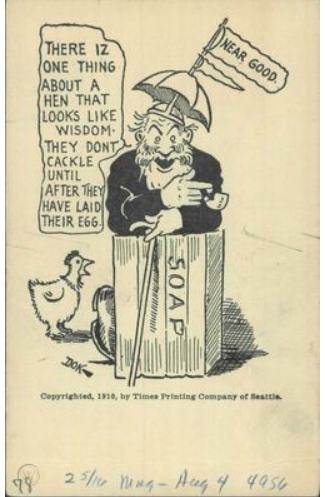
Posted By: Paul - Sun Jul 17, 2022 -
Comments (0)
Category: Eccentrics, Regionalism, Weather, Nineteenth Century, Twentieth Century
The Ross Unicycle
The birth of the Monowheel? See videos below.The patent is here.
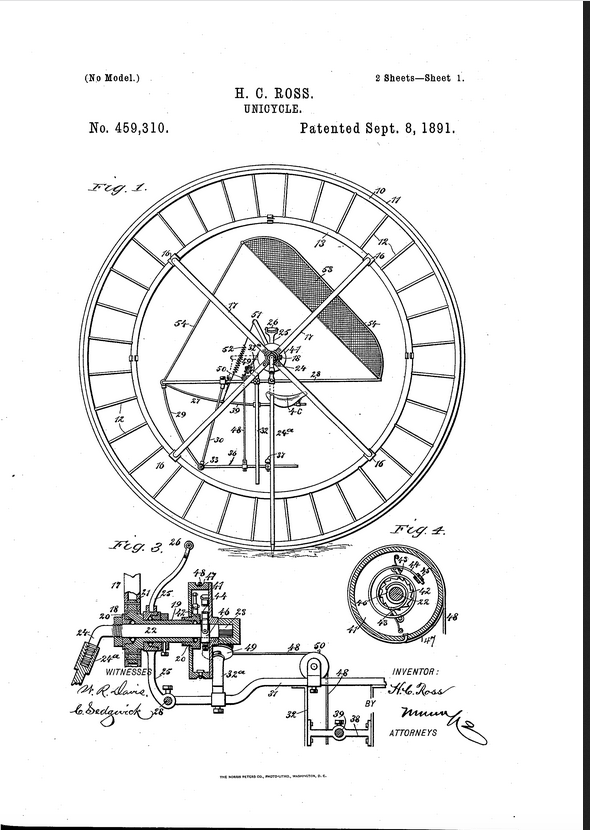
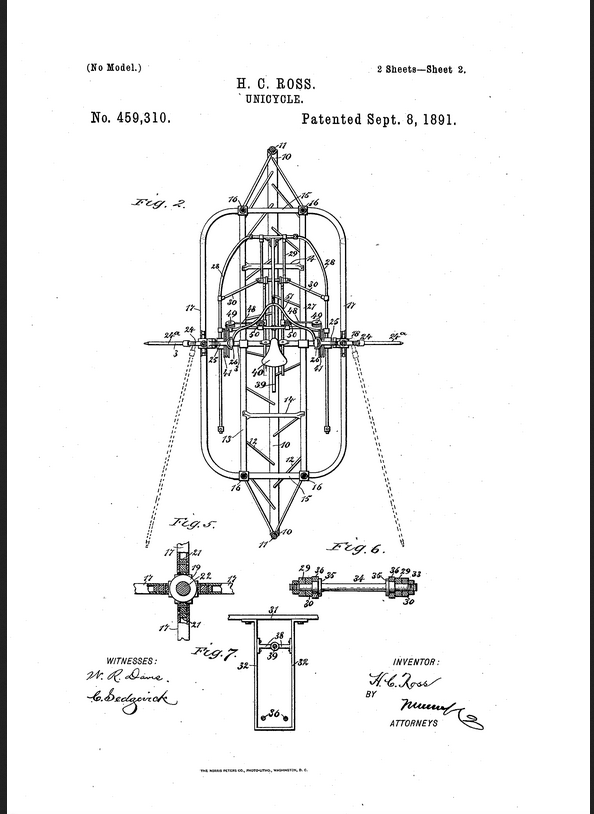
From SCIENTIFIC AMERICAN:
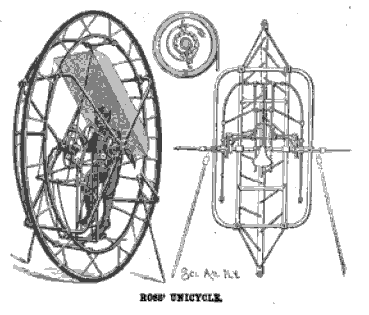
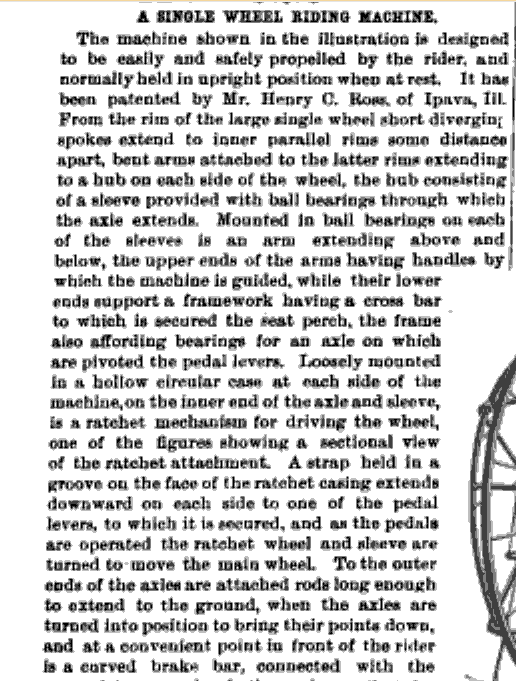
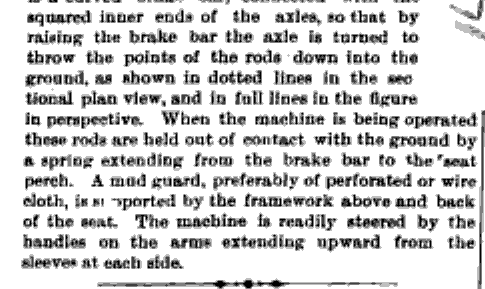
Posted By: Paul - Sat Jun 04, 2022 -
Comments (0)
Category: Bicycles and Other Human-powered Vehicles, Inventions, Nineteenth Century
Vinous Rubber Grapes
Vinous Rubber Grapes, patented in 1885, were rubber grapes filled with various types of alcohol (wine, brandy, whisky, etc.). The idea was that they would allow people to drink discreetly even in places where alcohol wasn't served. Or, as the advertising copy put it, the rubber grapes provided "a ready means for a refreshing stimulant whenever needed, without reservation, even in the most criticising surroundings."Apparently they sold quite well, right up until the passage of the 18th amendent in 1920.
I don't think that anything quite like them can be bought nowadays.
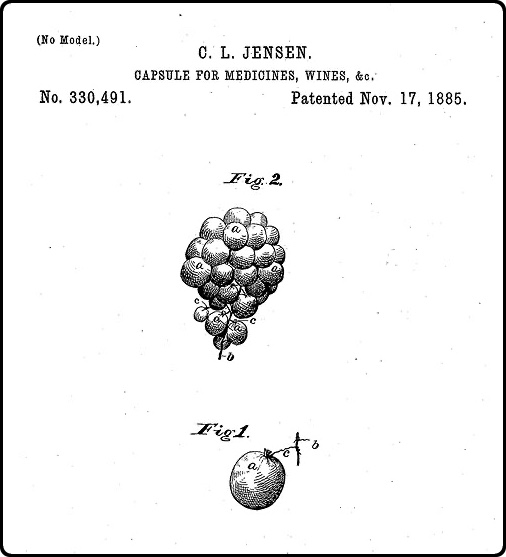
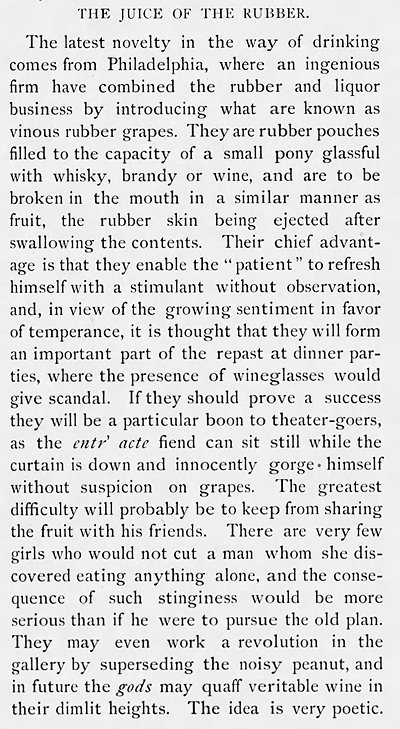
The Topeka Lantern - Feb 19, 1887
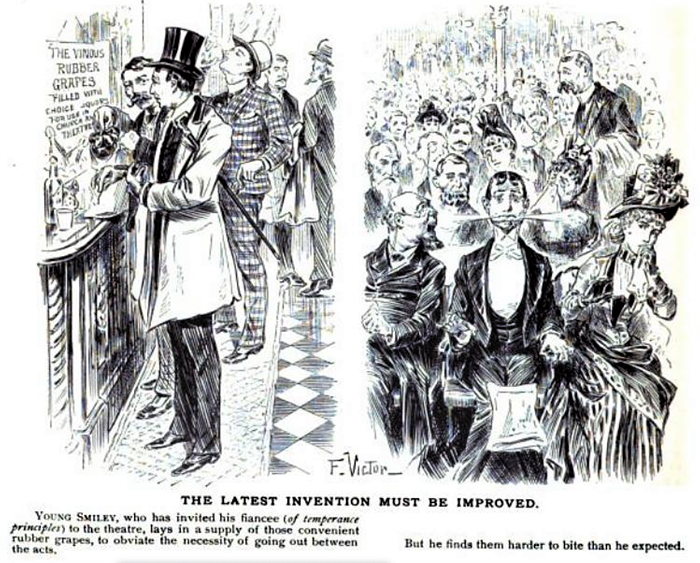
The Judge's Library - Apr 1889
Posted By: Alex - Wed Jun 01, 2022 -
Comments (2)
Category: Inebriation and Intoxicants, Patents, Nineteenth Century
Death’s Doings
Next time you need cheering up, have a gander at this jolly volume, available at the Internet Archive.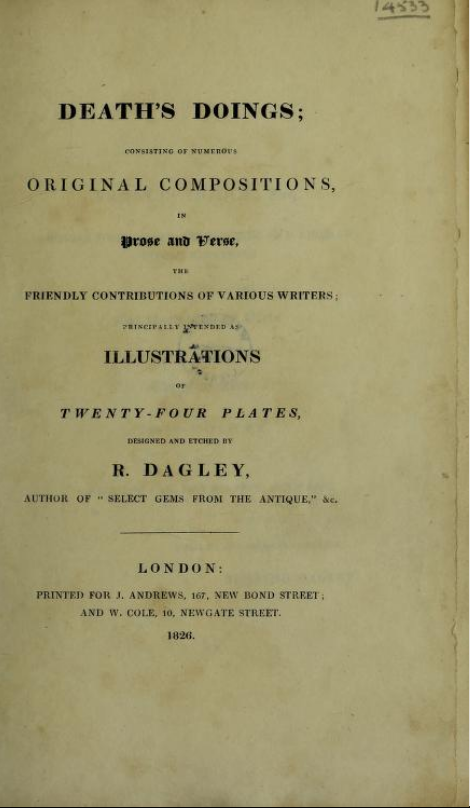
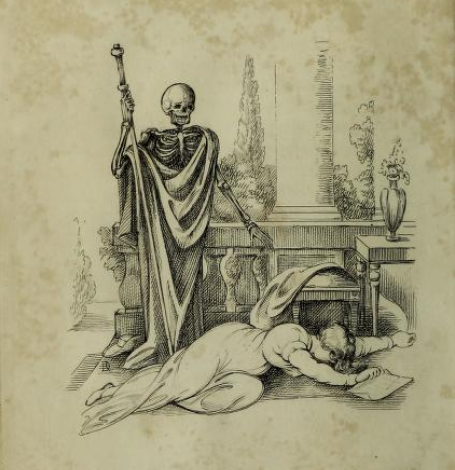
Posted By: Paul - Tue Apr 26, 2022 -
Comments (0)
Category: Death, Books, Nineteenth Century
Mystery Illustration 105
What are these women making?Answer is here.
Or after the jump.
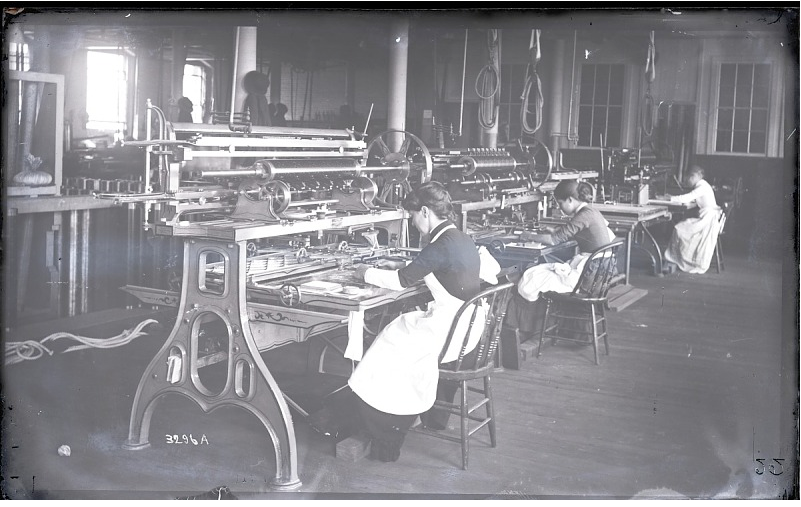
More in extended >>
Posted By: Paul - Thu Apr 21, 2022 -
Comments (3)
Category: Industry, Factories and Manufacturing, Nineteenth Century
A New Method for getting Gold from Wheat
In 1884, Harry Fell of South Norwood Park was granted Patent No. 14,204 by the British Patent Office for a "New Method for getting Gold from Wheat". This begs the question, what was the old method of getting gold from wheat?I haven't been able to find a copy of the patent, since 19th-century British patents (unlike American ones) aren't readily available online. However, the March 5, 1997 issue of Science offered a full transcript of Fell's patent, "including the peculiar use of punctuation marks".
The April 24, 1885 issue of The Photographic News offered an easier-to-understand summary of Fell's method:
Of course, what Fell had failed to mention was that the wheat would first have to be grown in soil containing a lot of gold. Then, yes, I think it would be possible to get gold from wheat using his method. Though it would probably be easier to get it by directly filtering the gold out of the dirt.
Posted By: Alex - Mon Mar 21, 2022 -
Comments (1)
Category: Patents, Nineteenth Century
America’s Fattest Presidents
A 2013 article at this link ranks the weightiest of our leaders. Of course, former-President Trump is not included. This official 2020 health report puts him at 244 pounds, making him, by my calculations, Number Three.Number Two, Grover Cleveland, tried many times to lose. His personal physician, Dr. John Gibbs, was fond of a new German treatment.

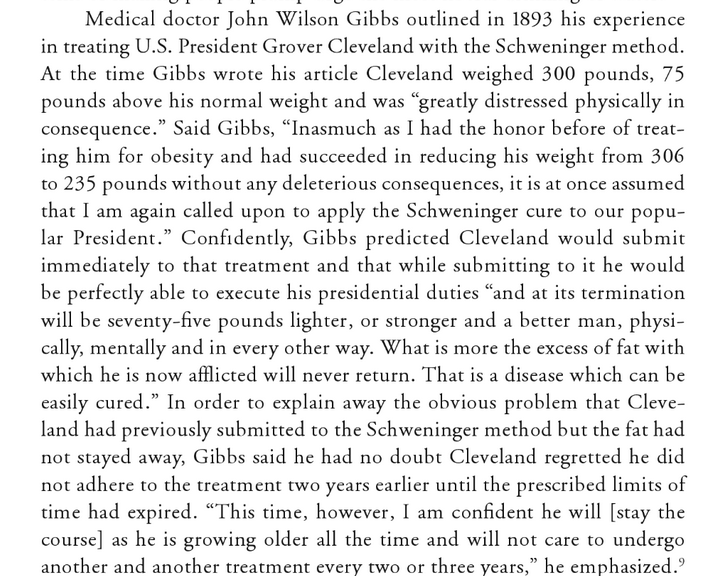
Read more in this book, which is partially available via Google Books.
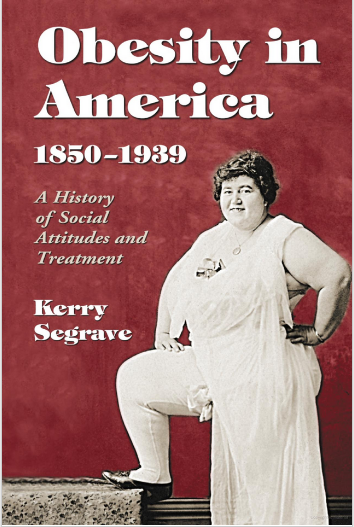
Posted By: Paul - Sat Mar 19, 2022 -
Comments (2)
Category: Government, Patent Medicines, Nostrums and Snake Oil, Nineteenth Century, Twenty-first Century, Obesity
Angier’s Petroleum Emulsion
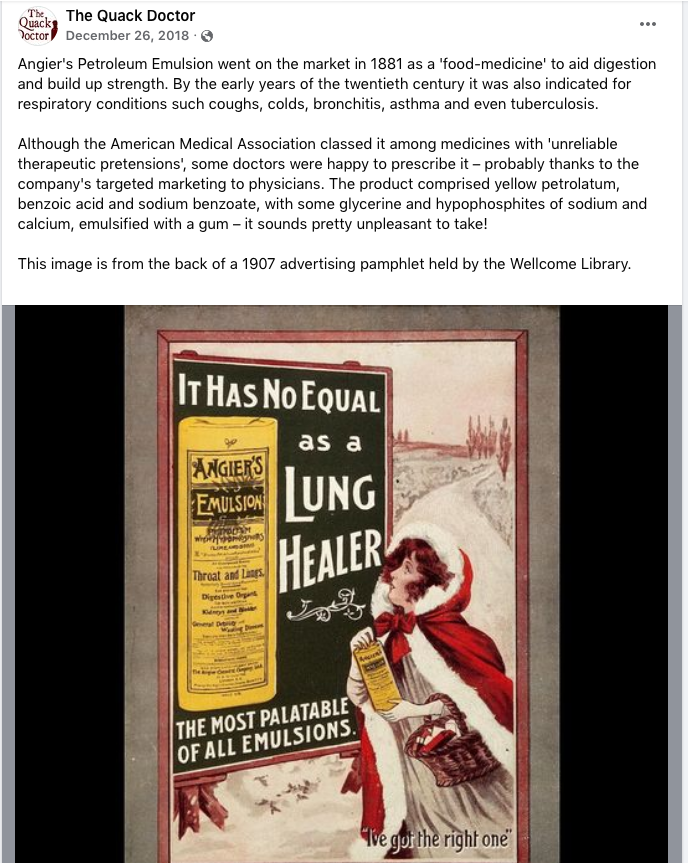
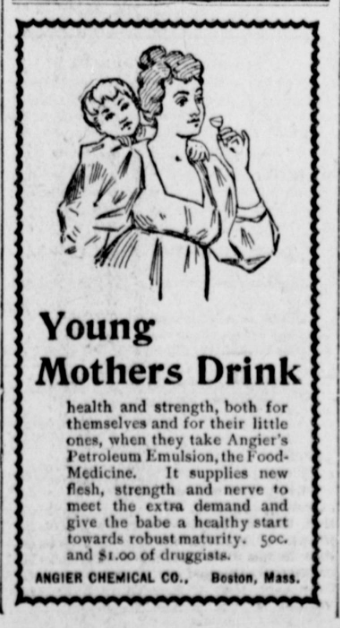
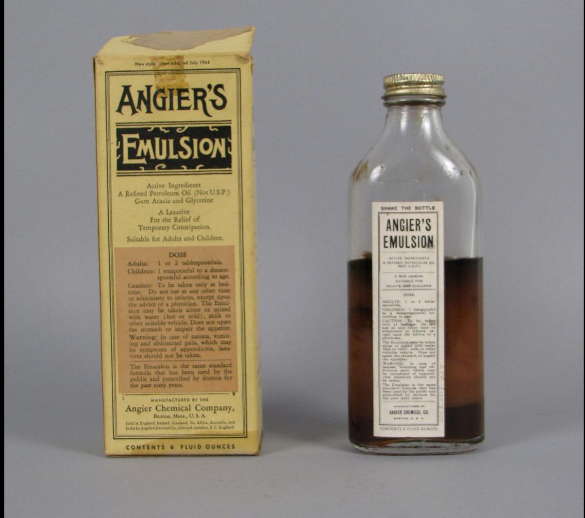
Posted By: Paul - Tue Mar 15, 2022 -
Comments (3)
Category: Patent Medicines, Nostrums and Snake Oil, Nineteenth Century, Twentieth Century, Nausea, Revulsion and Disgust

| Who We Are |
|---|
| Alex Boese Alex is the creator and curator of the Museum of Hoaxes. He's also the author of various weird, non-fiction, science-themed books such as Elephants on Acid and Psychedelic Apes. Paul Di Filippo Paul has been paid to put weird ideas into fictional form for over thirty years, in his career as a noted science fiction writer. He has recently begun blogging on many curious topics with three fellow writers at The Inferior 4+1. Contact Us |




